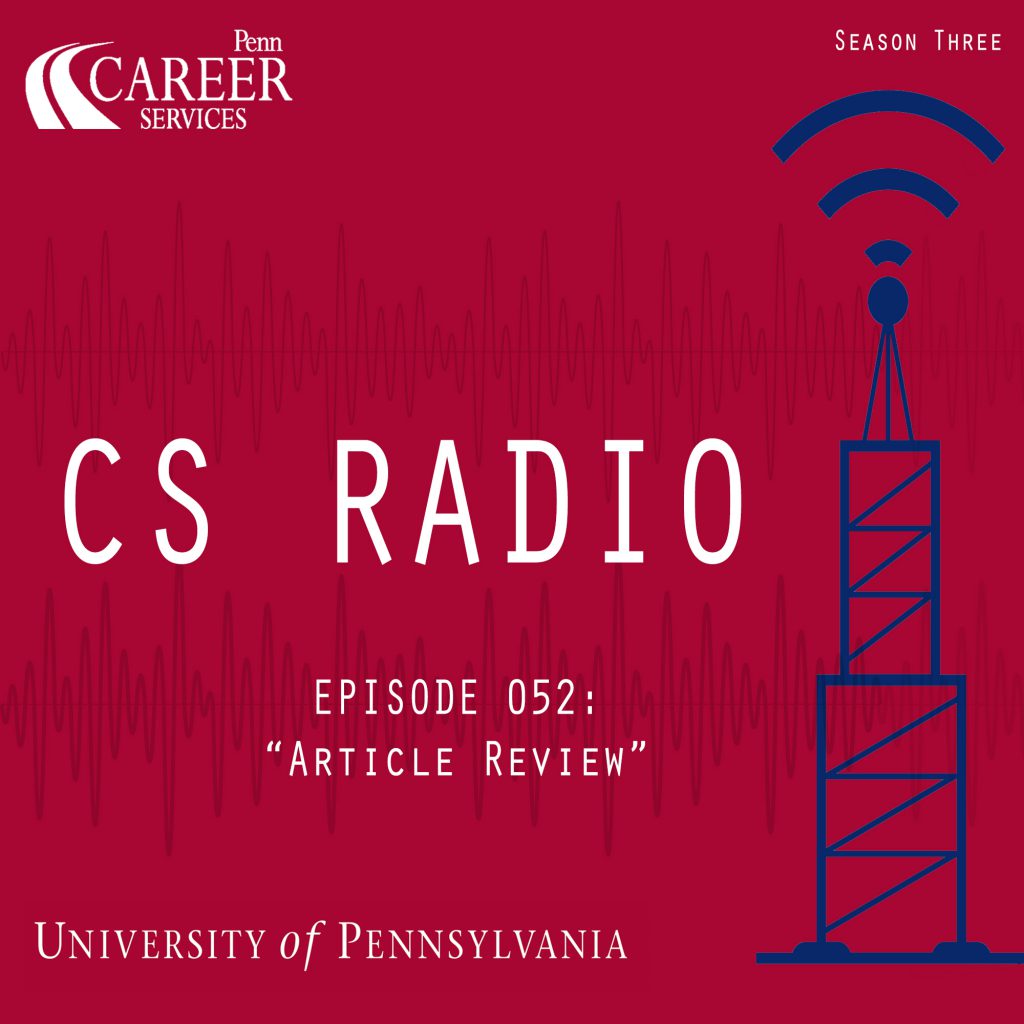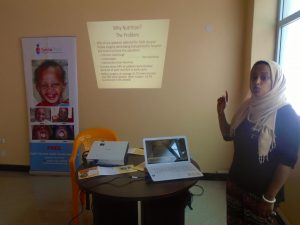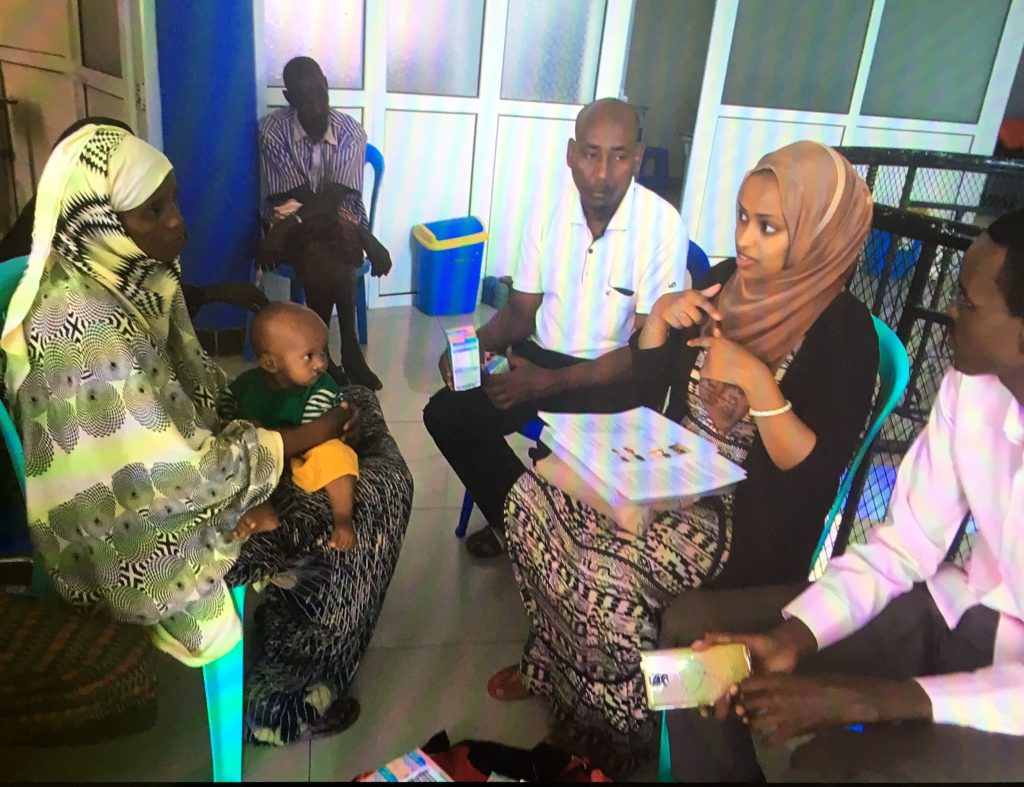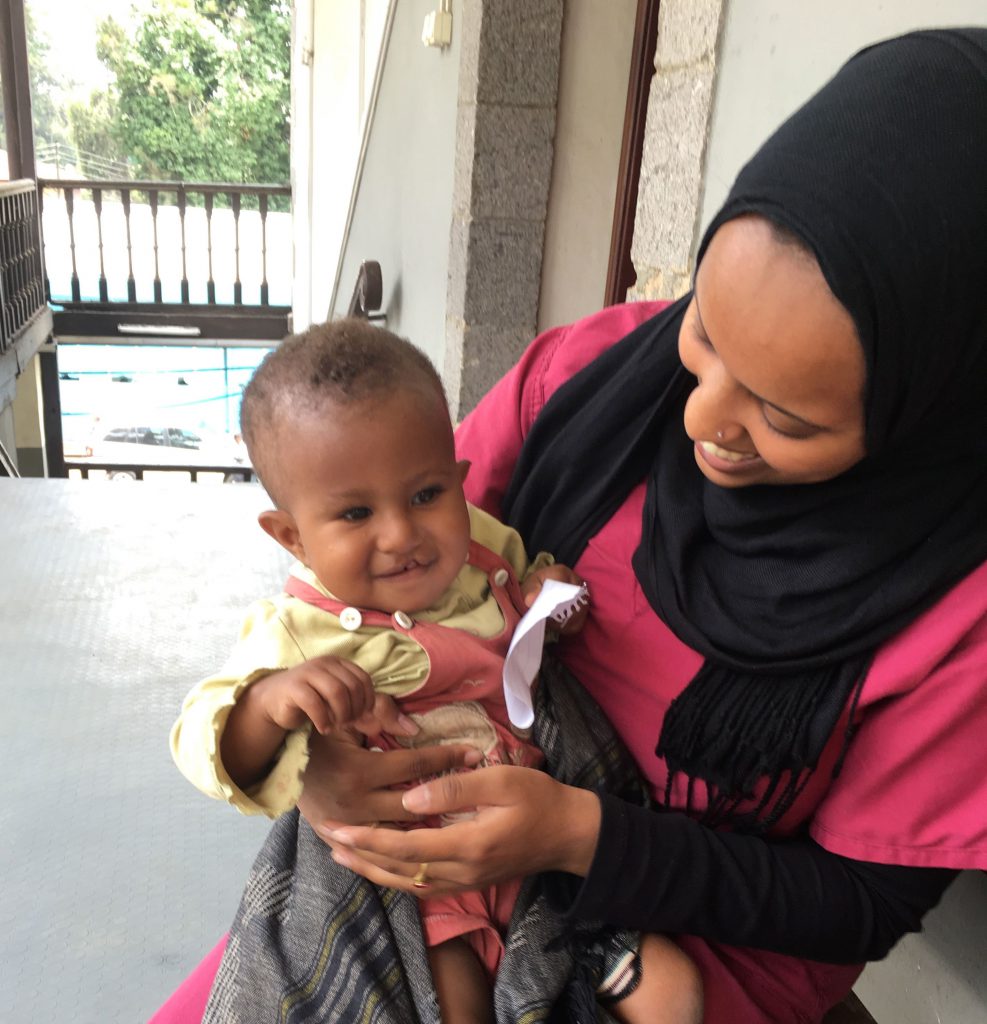This is the next in a series of posts by recipients of the Career Services Summer Funding Grant. We’ve asked funding recipients to reflect on their summer experiences and talk about the industries in which they’ve been spending their summer. You can read the entire series here.
This entry is by Andrea Barragan, COL ’19
Immediately after finals I headed towards the 2424 Studios excited to meet the team of Mil Mujeres (MM) Legal Services. As a Latina, I was excited to begin my work with the non-profit organization because I knew the projects were specifically relevant to Latinos and undocumented women. Mil Mujeres, although a new organization, has managed to guarantee humanitarian visas to 95% of its clients, clients who were victims of domestic abuse or violent crimes. The projects and experiences at Mil Mujeres were invaluable to me as a woman with an immigrant background, and also as an aspiring public servant. My relationships with the communities I worked with taught me about the various issues underrepresented communities face, inspiring me to change the focus of my professional efforts to economic empowerment.
Before creating these relationships, I had to relearn Spanish. I am fluent in Spanish and I was raised in a solely Spanish-speaking household, despite my background, Spanish in the workplace proved a great challenge. I have minimal formal education in the language and I was not familiar with many of the legal terms and the vocabulary required in a professional setting. The first three weeks at MM helped me develop and rely on effective communication skills with my supervisors. I knew I was working on important projects which were legally consequential to our clients and I could not allow myself to shy away from asking questions and clarifications. Due to that insecurity, I worked with a meticulous attention to detail and I was promptly comfortable and able to speak to our clients and talk about the visas at outreach sites.
As soon as I was comfortable in Spanish again, most of my work for MM entailed intake interviews and direct outreach at the Mexican Consulate. After research and familiarizing myself with the requirements for visas like DACA and U-visas, I interviewed potential clients that I had met at the Mexican Consulate. These interviews were an extraordinary experience because I was able to learn the stories and hardships of the hardworking immigrants who had earned their right to stay in this country and were seeking legal status in the US. The immigrants I spoke to were eager simply to be allowed to lawfully work while being protected under the labor laws of the US. The cases I found especially rewarding were the ones for DACA recipients. One student in particular rushed into our offices and explained to us that he was waiting on his temporary social security to apply to Temple University and try out for the school’s football team. Even when he knew that DACA was in peril under Trump’s presidency and he could become vulnerable, he was thankful for the opportunity to pursue a brighter future. Presently, I am interning for the League of United Latin American Citizens and I will continue to work on immigration policy to push forward an agenda that represents undocumented Latinos who deserve an opportunity at lawful employment and higher education.





